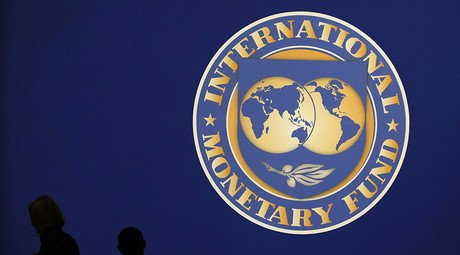UN sees moderate global growth for 2016-2017 due to major ‘headwinds’

The world economy stumbled in 2015 with lower commodity prices, large capital outflows and increased financial market volatility, according to a December report by the United Nations.
The economic improvement for 2016-2017 would be partly based on the stabilization of commodity prices and no further escalation in geopolitical conflicts, the report added.
Global growth last year fell to 2.4 percent which was below the UN forecast.
“Growth in developing and transition economies has slowed to its weakest pace since the global financial crisis of 2008-2009,” said the United Nations World Economic Situation and Prospects (WESP) 2016 report.
The UN projects the world economy to grow by 2.9 percent in 2016 and 3.2 percent in 2017. The modest growth will come as a result of “cyclical and structural headwinds.” According to the report, the five major headwinds for the global economy are persistent macroeconomic uncertainties; low commodity prices and diminished trade; rising volatility in exchange rates and capital flows; stagnant investment and productivity growth; and a continued disconnect between finance and real sector activities.
READ MORE: Worst decline in world trade in 6yrs – report
According to the UN, the pivot of global growth is partially shifting towards developed economies. Growth in developed economies will gain some momentum in 2016, surpassing two percent for the first time since 2010, it said.
As for developing and transition economies, growth there is expected to “bottom out and gradually recover, but the external environment will continue to be challenging and growth will remain well below its potential.”
Monetary policies did most of the heavy-lifting to support growth since the global crisis, said the UN report, adding that the time has come for fiscal policies to play a greater role.
Global poor to rise as World Bank adjusts poverty line - FT http://t.co/47GOPPhnp9pic.twitter.com/8LQFzQ8GbJ
— RT (@RT_com) September 26, 2015
“Stronger and more coordinated policy efforts are needed to ensure robust, inclusive and sustainable economic growth, which will be a key determinant for achieving the 2030 Sustainable Development Goals,” said Lenni Montiel, Assistant Secretary-General of the United Nations Department of Economic and Social Affairs.













